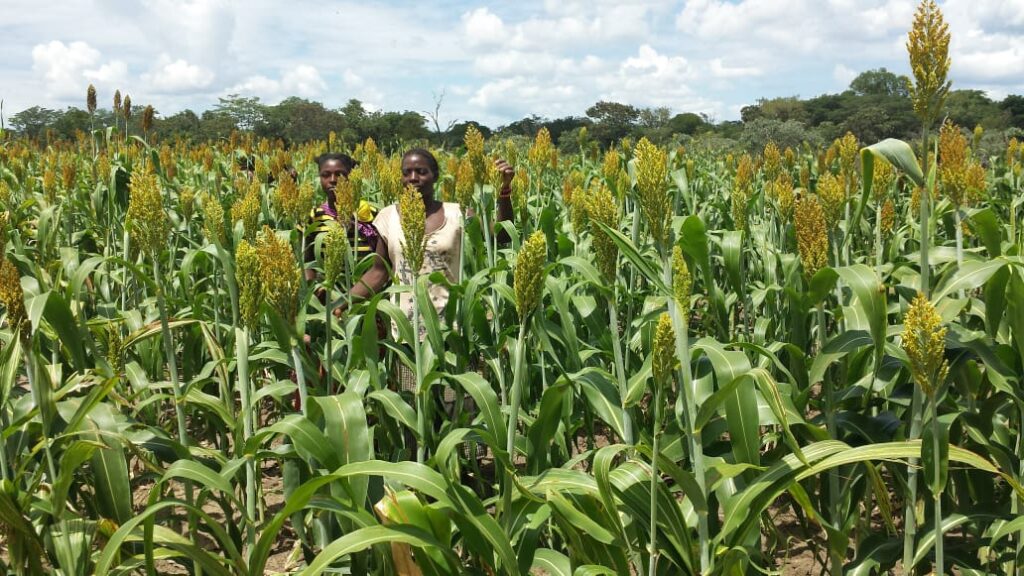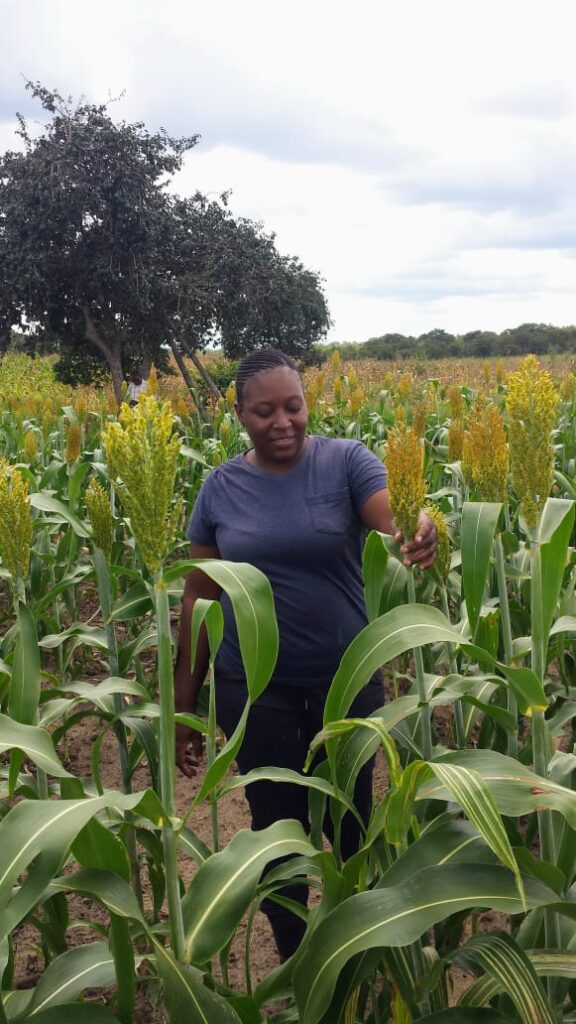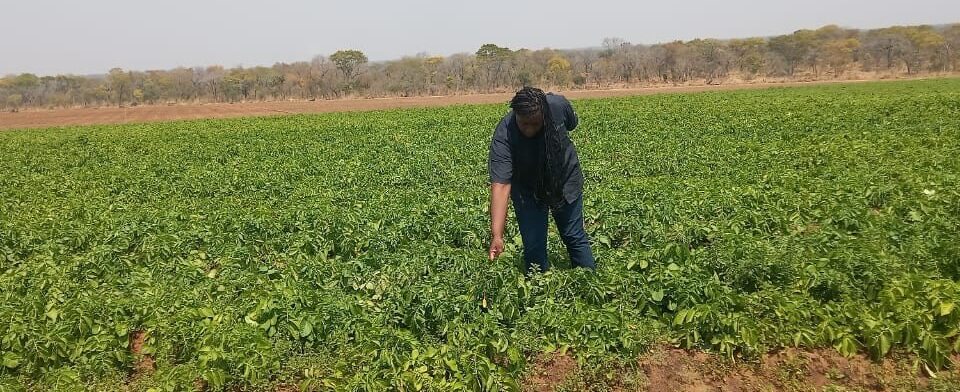
As we celebrate the International Year of Millets, it is important to recognize the significance of these small-grained dryland cereals. ” Millets include a diverse group of species such as pearl, proso, foxtail, barnyard, finger, guinea millets and white fonio, sorghum, teff and jobs tears, among others.” Millets are hardy to harsh climatic circumstances, can grow in nutrient-poor soils, and can withstand or tolerate many diseases and pests.

In the face of climate change, where extreme weather conditions prevail, opting to grow millets will not only ensure production but also food and nutrition security for smallholder farmers who are more vulnerable to climate change. Millets are climate-smart crops and have more benefits in terms of health and nutrition compared to other cereals. They are gluten-free and have a lower glycaemic index than other grains making them a recommended option for people with high blood pressure https://www.fao.org/millets-2023/about/en
The Kalahari sand soil characterizes the Western province of Zambia, millets are of importance because they are able to withstand harsh environments. Our team promoted the production of sorghum for household food and nutrition security. Early maturing varieties were among the best-performing varieties even in harsh conditions experienced in the province
The United Nations general assembly declared 2023 the International Year of Millets and the Food and Agriculture Organization (FAO) is the lead agency. This year will enhance interactions between policy and science, support collaboration, organize stakeholders to take the initiative in promoting and producing millets, and encourage the consumption of millets by the general public. Sustainable production of millet will be promoted while highlighting their potential to provide new sustainable market Opportunities for producers and consumers. In conclusion, the International Year of Millets is an opportunity to raise awareness of the multiple benefits of Millets, from nutrition and health to environmental sustainability and economic development. Millets are climate-smart crops that can provide new sustainable market opportunities for producers and consumers. https://www.fao.org/millets-2023/en
